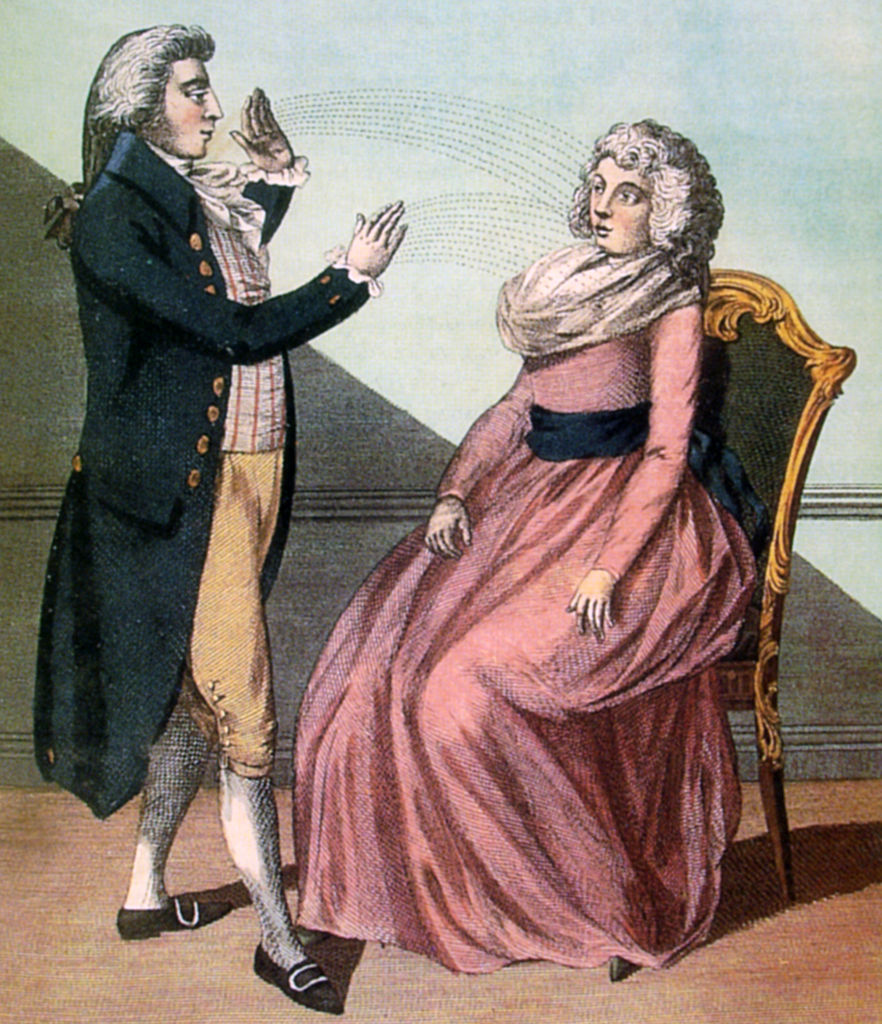MAGIC
Form of activity in which different elements and forces, physical, supernatural and verbal, are manipulated in order to bring about certain results. The symbolic or ritual component of magic sets it apart from merely technical activity. James Frazer (The Golden Bough, 1911) described magic as founded upon a mistaken theory of causation. He and later writers (for example Lévy-Bruhl) understood it as an expression of a form of primitive science. Malinowski interpreted the importance of magic for the Trobriand Islanders as fulfilling an emotional need, the need for certainty and order in natural and social events. Later anthropologists pursued different levels of enquiry, less functional in analysis: what actually happens in magic (its internal structure), what beliefs underlie its practice (questions of rationality and irrationality), and its place in a particular society. The Victorian division between science and magic has been criticized, since it has been pointed out that very few people in modern societies fully understand technological phenomena. Instead most people believe in such things in a manner similar to that which has been described for so-called primitive cultures using magic. This has led some anthropologists to study the nature and basis of knowledge of the world in terms of universal cognitive structures.
Mark Harris, in A. Bullock and S. Trombley, ed., The New Fontana Dictionary of Modern Thought 1999
☙
Descendant of:
MYTHOLOGY AND THE CLASSICAL WORLD REALITY AND UNREALITYTexts with this theme:
- Lebenstraum, D 1A, D 39 (Gabriele von Baumberg)
- Die Advokaten, D 37 (Vincenz von Engelhart)
- Adelaide, D 95 (Friedrich von Matthisson)
- Geisternähe, D 100 (Friedrich von Matthisson)
- Lied aus der Ferne, D 107 (Friedrich von Matthisson)
- Der Abend, D 108 (Friedrich von Matthisson)
- Gretchen am Spinnrade, D 118 (Johann Wolfgang von Goethe)
- Nachtgesang (O! gib vom weichen Pfühle), D 119 (Johann Wolfgang von Goethe)
- Am See (Sitz ich im Gras), D 124 (Johann Baptist Mayrhofer)
- Der Mondabend, D 141 (Johann Gottfried Kumpf)
- Als ich sie erröten sah, D 153 (Bernhard Ambros Ehrlich)
- Naturgenuss, D 188, D 422 (Friedrich von Matthisson)
- An die Freude, D 189 (Friedrich von Schiller)
- Wandrers Nachtlied (Der du von dem Himmel bist), D 224 (Johann Wolfgang von Goethe)
- Das Sehnen, D 231 (Ludwig Theobul Kosegarten)
- Trinklied im Winter, D 242, D deest (Ludwig Christoph Heinrich Hölty)
- Hoffnung (Es reden und träumen die Menschen viel), D 251, D 637 (Friedrich von Schiller)
- Der Rattenfänger, D 255 (Johann Wolfgang von Goethe)
- Der Schatzgräber, D 256 (Johann Wolfgang von Goethe)
- Die Fröhlichkeit, D 262 (Martin Joseph Prandstetter)
- Luisens Antwort, D 319 (Ludwig Theobul Kosegarten)
- Goldner Schein, D 357 (Friedrich von Matthisson)
- Laura am Klavier, D 388 (Friedrich von Schiller)
- Entzückung an Laura, D 390, D 577 (Friedrich von Schiller)
- An die Harmonie, D 394 (Johann Gaudenz von Salis-Seewis)
- Die Herbstnacht, D 404 (Johann Gaudenz von Salis-Seewis)
- Die verfehlte Stunde, D 409 (August Wilhelm Schlegel)
- Entzückung, D 413 (Friedrich von Matthisson)
- Julius an Theone, D 419 (Friedrich von Matthisson)
- Gott im Frühlinge, D 448 (Johann Peter Uz)
- An den Mond (Was schauest du so hell), D 468 (Ludwig Christoph Heinrich Hölty)
- Liedesend, D 473 (Johann Baptist Mayrhofer)
- Alte Liebe rostet nie, D 477 (Johann Baptist Mayrhofer)
- Lebenslied, D 508, D Anh. I, 23 (Friedrich von Matthisson)
- Die Blumensprache, D 519 (Anonymous / Unknown writer)
- Blondel zu Marien, D 626 (Josephine von Münk-Holzmeister)
- Der Fluss, D 693 (Karl Wilhelm Friedrich Schlegel)
- Im Walde (Waldesnacht), D 708 (Karl Wilhelm Friedrich Schlegel)
- Die Nachtigall (Bescheiden verborgen), D 724 (Johann Carl Unger)
- Der Blumen Schmerz, D 731 (Johann (János) Nepomuk Josef Graf Mailáth)
- Danksagung an den Bach, D 795/4 (Wilhelm Müller)
- Ellens Gesang I (Raste Krieger! Krieg ist aus), D 837 (Walter Scott and Philip Adam Storck)
- Totengräbers Heimwehe, D 842 (Jacob Nicolaus Craigher de Jachelutta)
- Fülle der Liebe, D 854 (Karl Wilhelm Friedrich Schlegel)
- Mondenschein, D 875 (Franz Adolph Friedrich von Schober)
- Das Weinen, D 926 (Carl Gottfried von Leitner)


